In recent years, the conversation surrounding food packaging has intensified, particularly as consumers become more environmentally conscious. Among the myriad options available, paper and plastic food containers have emerged as two of the most commonly used materials. This article delves into the advantages and disadvantages of each, ultimately addressing the question: Are paper food containers better than plastic?
The Environmental Impact
Paper Food Containers
Paper food containers are often lauded for their biodegradability. Made from renewable resources, such as trees, they can decompose naturally within a few months under the right conditions. This characteristic makes them a more sustainable option compared to plastic, which can take hundreds of years to break down. Furthermore, many paper containers are sourced from recycled materials, reducing the demand for virgin resources and minimizing deforestation.
However, the environmental benefits of paper containers are not without caveats. The production process for paper involves significant water and energy consumption, and if not sourced sustainably, it can contribute to habitat destruction and increased carbon emissions. Additionally, the use of coatings, such as polyethylene, to make paper containers waterproof can complicate recycling efforts.
Plastic Food Containers
Plastic containers, on the other hand, are lightweight and durable, making them a popular choice for food packaging. They can be produced at a lower cost and are often more versatile than paper. However, the environmental implications of plastic are severe. Most plastics are derived from fossil fuels, contributing to greenhouse gas emissions during production. Moreover, plastic waste is a significant contributor to ocean pollution, harming marine life and ecosystems.
While some plastics can be recycled, the reality is that a large percentage ends up in landfills or the environment. The recycling process itself is energy-intensive and not all types of plastic are recyclable, leading to a growing crisis of plastic waste.
Health Considerations
When it comes to food safety, both paper and plastic containers have their pros and cons. Paper containers are generally considered safer for hot foods, as they are less likely to leach harmful chemicals into food. However, if they are not treated properly, they can absorb moisture and grease, leading to structural integrity issues.
Plastic containers, particularly those made from certain types of plastics (like BPA-containing materials), can pose health risks. Chemicals can leach into food, especially when heated. This has led to increased scrutiny and regulation of plastic food containers, prompting manufacturers to develop BPA-free options. However, the long-term effects of other chemicals found in plastics remain a concern.
Economic Factors
From an economic standpoint, the choice between paper and plastic food containers can vary significantly based on the context. For businesses, plastic containers often offer a lower upfront cost and greater durability, which can reduce waste and loss during transportation. However, as consumer preferences shift towards sustainability, businesses may find that investing in paper containers can enhance their brand image and appeal to eco-conscious customers.
For consumers, the cost difference may not be as pronounced, but the long-term environmental costs associated with plastic waste could outweigh the initial savings. As awareness grows, many consumers are willing to pay a premium for sustainable packaging options.
Conclusion: A Balanced Perspective
Ultimately, the question of whether paper food containers are better than plastic is not a straightforward one. Both materials have their advantages and disadvantages, and the best choice may depend on specific circumstances, including the type of food being packaged, the intended use, and the environmental policies of the region.

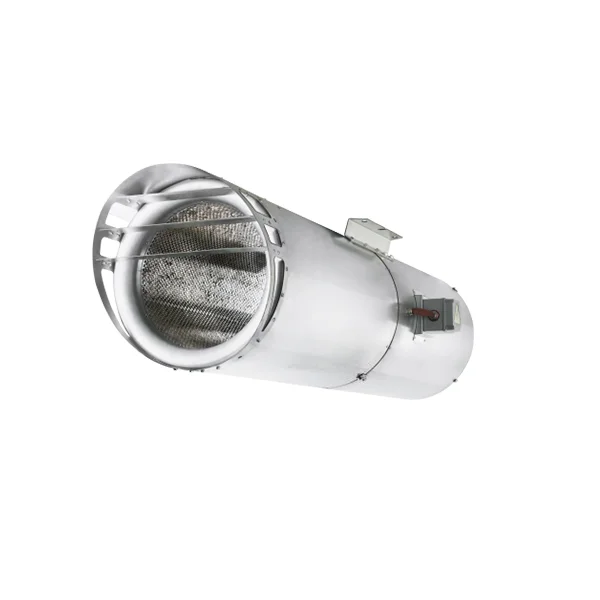
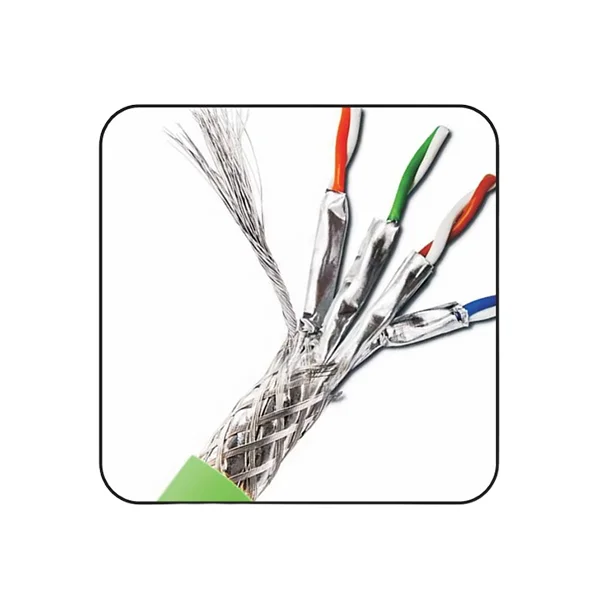
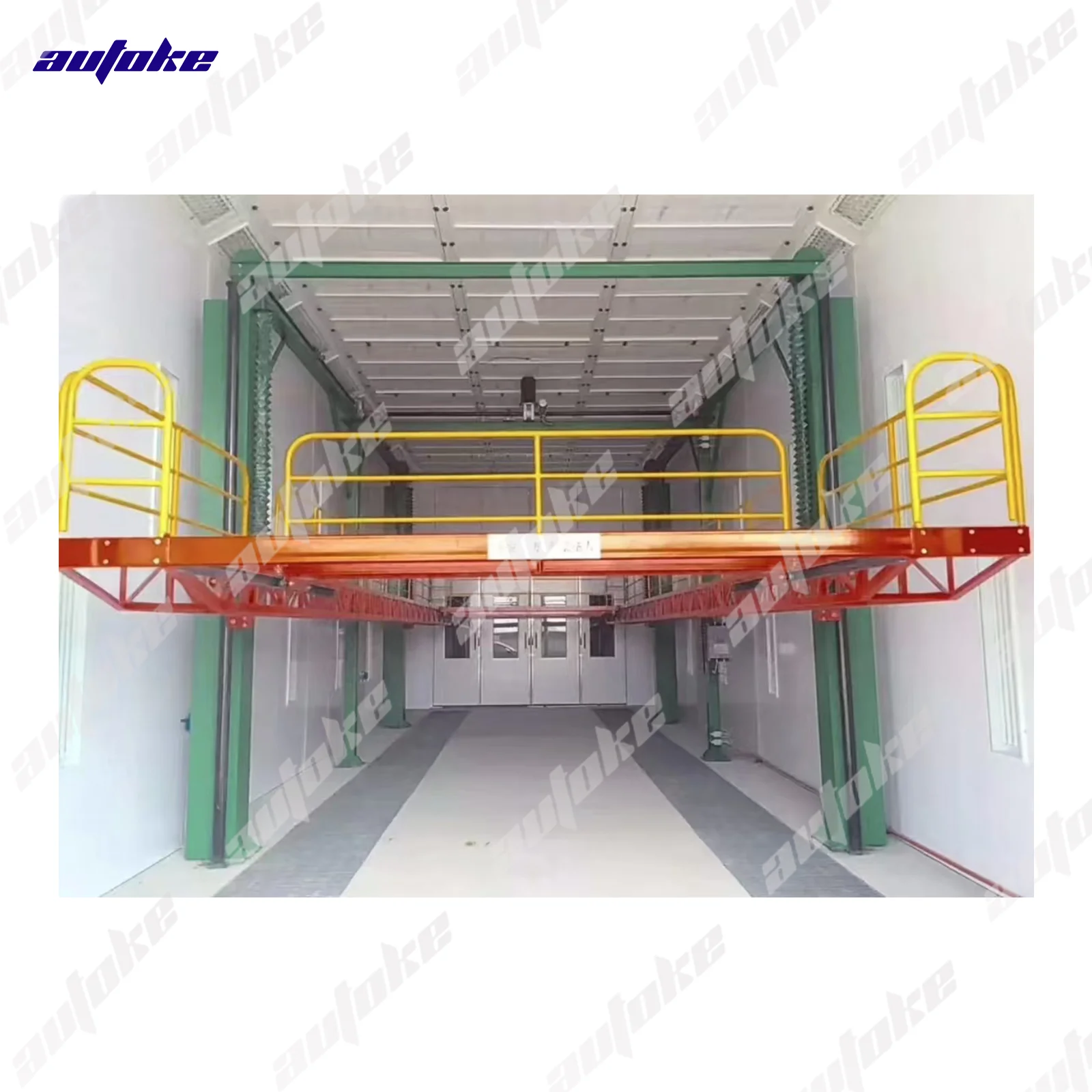
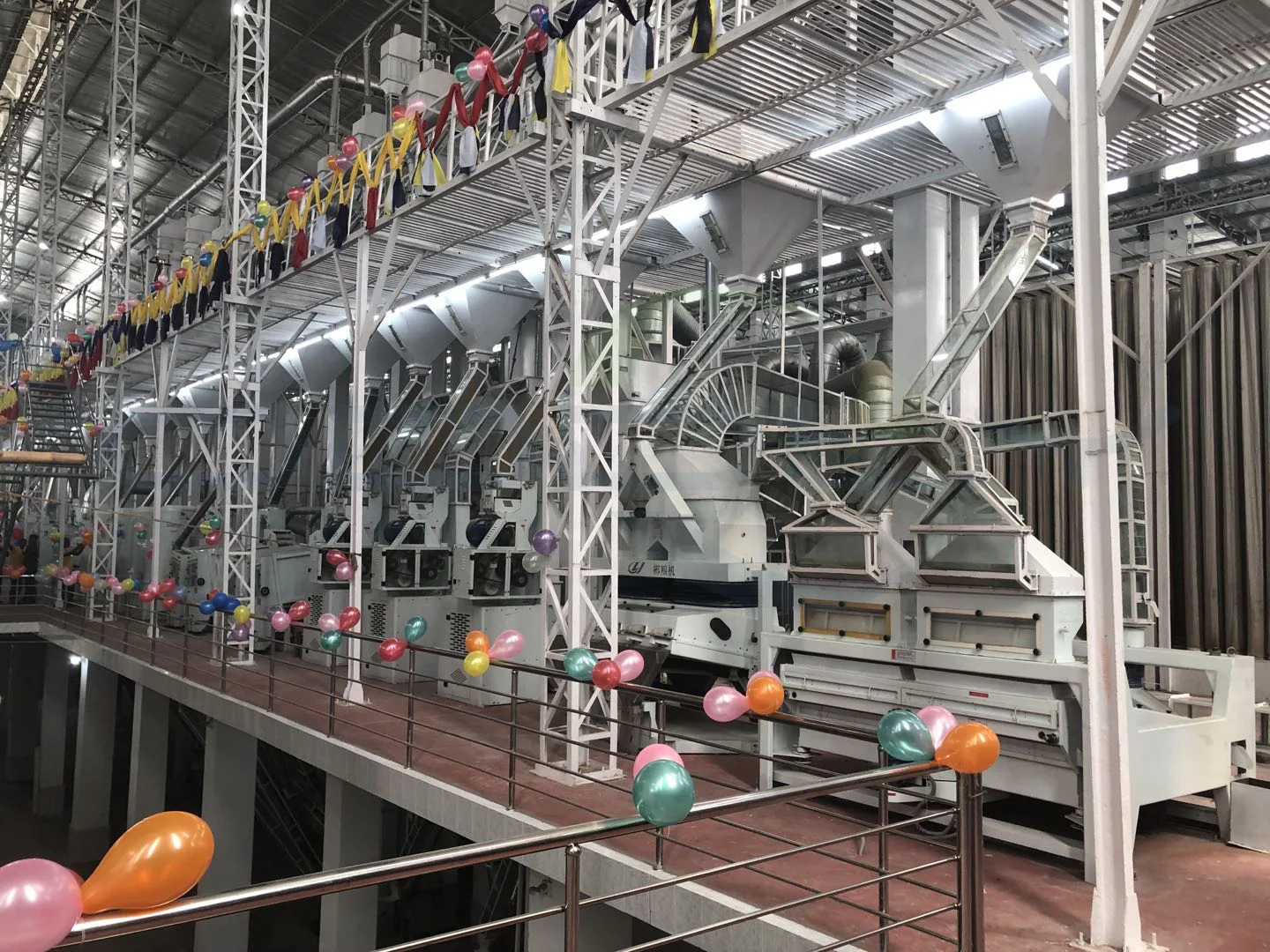
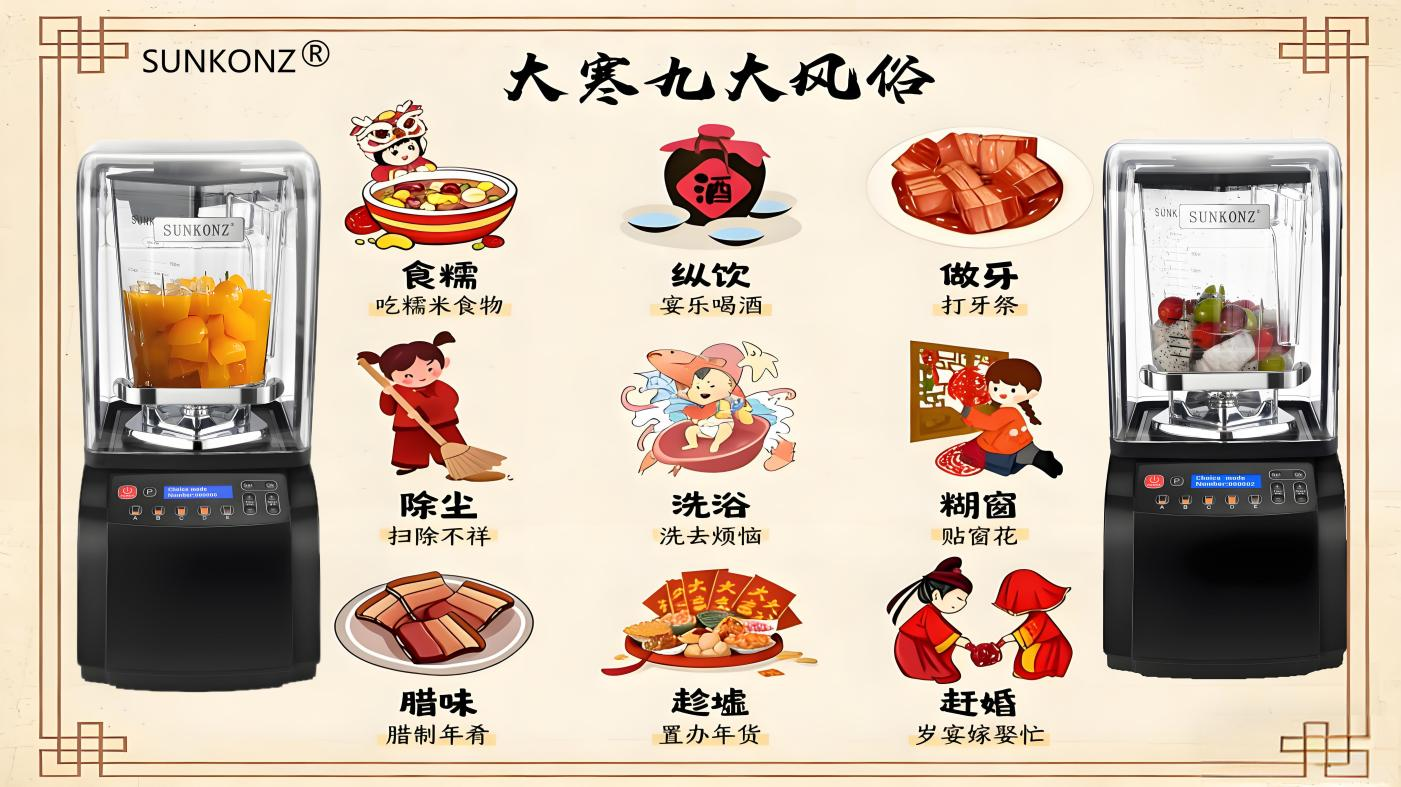
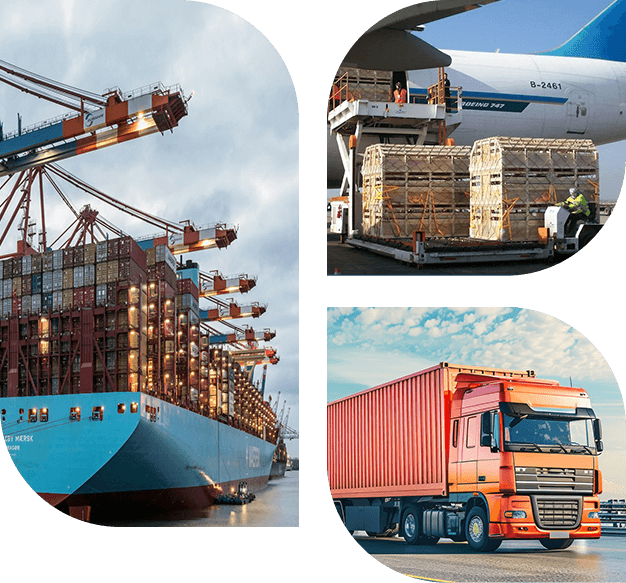
+ There are no comments
Add yours